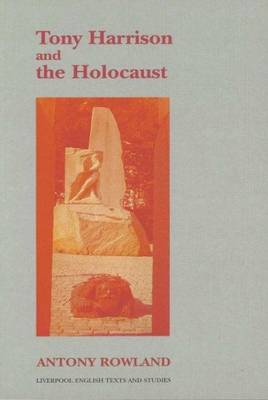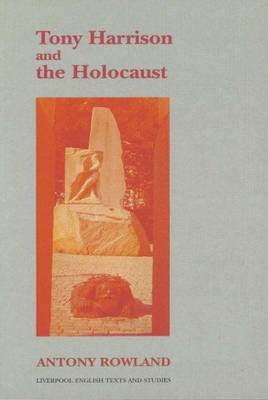
- Afhalen na 1 uur in een winkel met voorraad
- Gratis thuislevering in België vanaf € 30
- Ruim aanbod met 7 miljoen producten
- Afhalen na 1 uur in een winkel met voorraad
- Gratis thuislevering in België vanaf € 30
- Ruim aanbod met 7 miljoen producten
Zoeken
€ 111,95
+ 223 punten
Omschrijving
This book also discusses the ways in which Holocaust literature engages with a number of concepts challenged or altered by the historical events, such as love, mourning, memory, humanism, culture and barbarism, articulacy and silence.
Specificaties
Betrokkenen
- Auteur(s):
- Uitgeverij:
Inhoud
- Aantal bladzijden:
- 336
- Reeks:
Eigenschappen
- Productcode (EAN):
- 9780853235064
- Verschijningsdatum:
- 1/06/2001
- Uitvoering:
- Hardcover
- Afmetingen:
- 163 mm x 239 mm

Alleen bij Standaard Boekhandel
+ 223 punten op je klantenkaart van Standaard Boekhandel
Beoordelingen
We publiceren alleen reviews die voldoen aan de voorwaarden voor reviews. Bekijk onze voorwaarden voor reviews.







